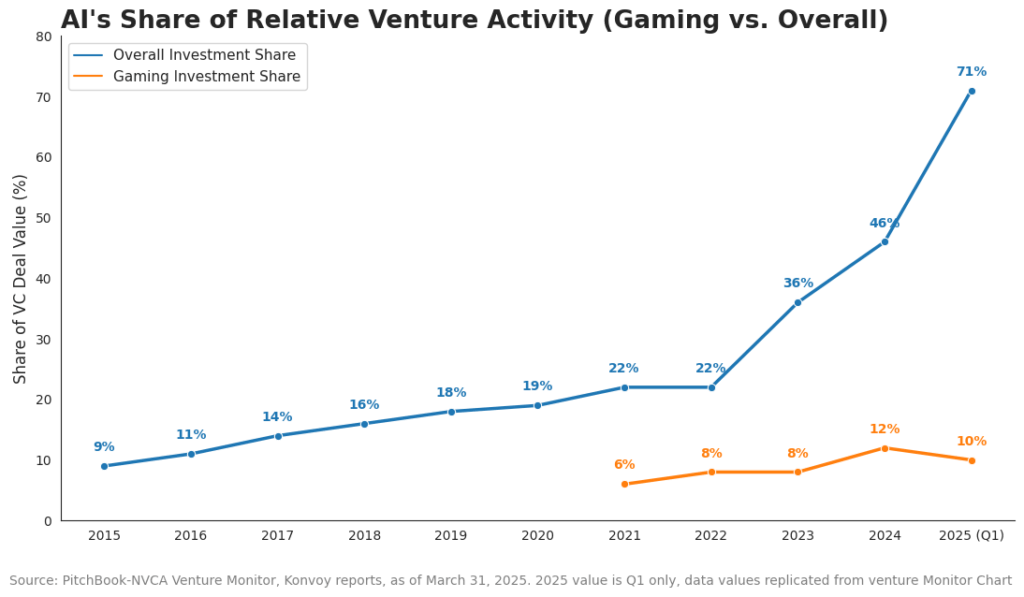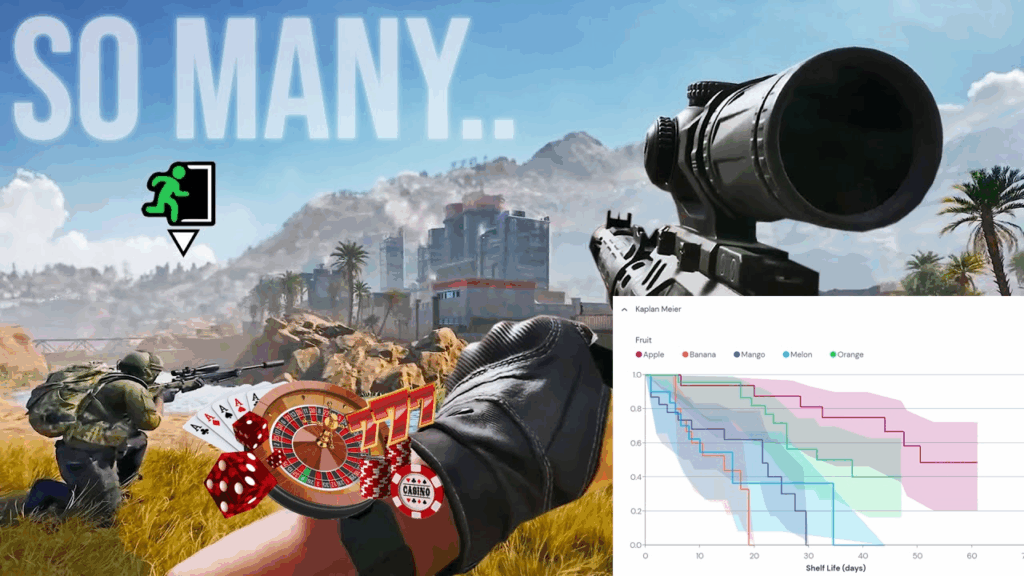The Strange Game Agglomeration Effects
April 19, 2025
This (the games industry is deprofessionalizing”) is an interesting line of thought by Ryan K. Ringey, and Simon Carless, especially when you consider how Roblox studios form – very much “de‑professionalised,” virtual, and less “sticky.” Sometimes, these Roblox studios look more like a Discord server than a company.
It echoes Coase’s famous argument in The Nature of the Firm: the only reason people don’t contract out rather than join a firm full-time is transaction costs. It’s expensive to search for new roles and manage old ones! (I have personal experience with the matter.)
The Games Industry would surely be the first to utilize technology to manage these costs and implement this way of working. But there’s a deeper way we’ve organized for decades, which may set us up for success.
Economists are fond of agglomeration effects, or productivity spillovers that occur when talent clusters. Learnings spread fast, and the whole industry accelerates. Games have a curious, global version of that: Stockholm, San Francisco, Istanbul, Leamington Spa, Barcelona… If you want to travel and live globally, there’s no better industry than games. While there is a deeper economic phenomenon that warrants investigation into why this occurs in games, it has led to the development of globalized production supply chains, where 10 or more remote “outsourcers” might be utilized. Work is delegated and organized digitally, and there’s no physical stock to move; the biggest barrier is usually timezone.
AI looms, too, which I’ve seen seep in on so many development fronts.
This is all in stark contrast to mobile, ironically enough. Mobile was meant to be the “people’s platform,” preaching “small teams, big reach.” The entire concept of the “Supercell” was built around a small team with minimal overhead! Now, even Brawl Stars is what, 80, 100 people? Many Western mobile teams approach 200+ headcount, with a substantial piggy bank to fund UA.
With the “blackhole” game notion of larger games growing larger, it creates an industry barbell effect with a “missing middle.” It’s been most acutely felt with the evaporation of true third-party publishing, where publishers fund developers for extended periods in the pursuit of future sales splits.





